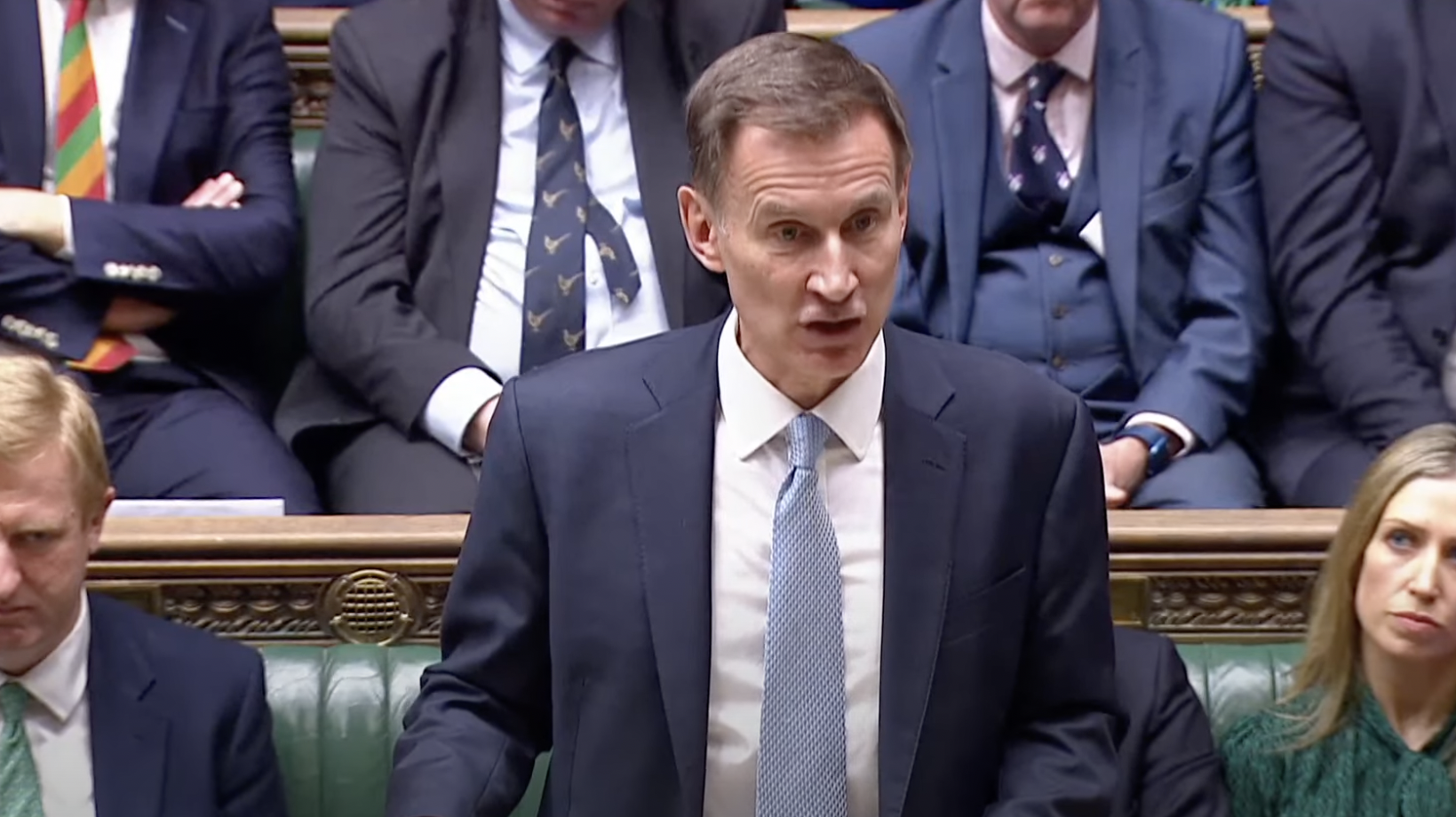Jeremy Hunt has lifted the child benefit charge threshold from £50,000 to £60,000 in what has been described as a “common sense” move during the Spring Budget announcement.
During the announcement on Wednesday (6 March), Hunt announced the change to the benefit charge threshold, as well as a six-month extension to the household support fund, a 2p National Insurance cut, and a new tax on vapes.
The chancellor explained that the child benefit charge threshold will rise from April, meaning 170,000 families will now no longer have to pay the charges.
Those earning over the threshold can still receive child benefits, but must also pay a charge from their earnings. The new announcement means that for incomes between £60,000 and £80,000, 1% of every £200 above the new threshold will be charged. For those earning above £80,000, the charge will equal the amount of child benefit.
Equally, changes will affect benefits as a household. Currently, if you live with a partner and you both earn £50,000 or more, whoever earns the most has to pay the tax charge, however if both parents earn under £50,000, they can keep all of their child benefit. If one parent earns over, the charges apply.
Hunt added that he would aim to end this “unfairness” by April 2026, and move the high-income child benefit charge to a “household-based system.”









